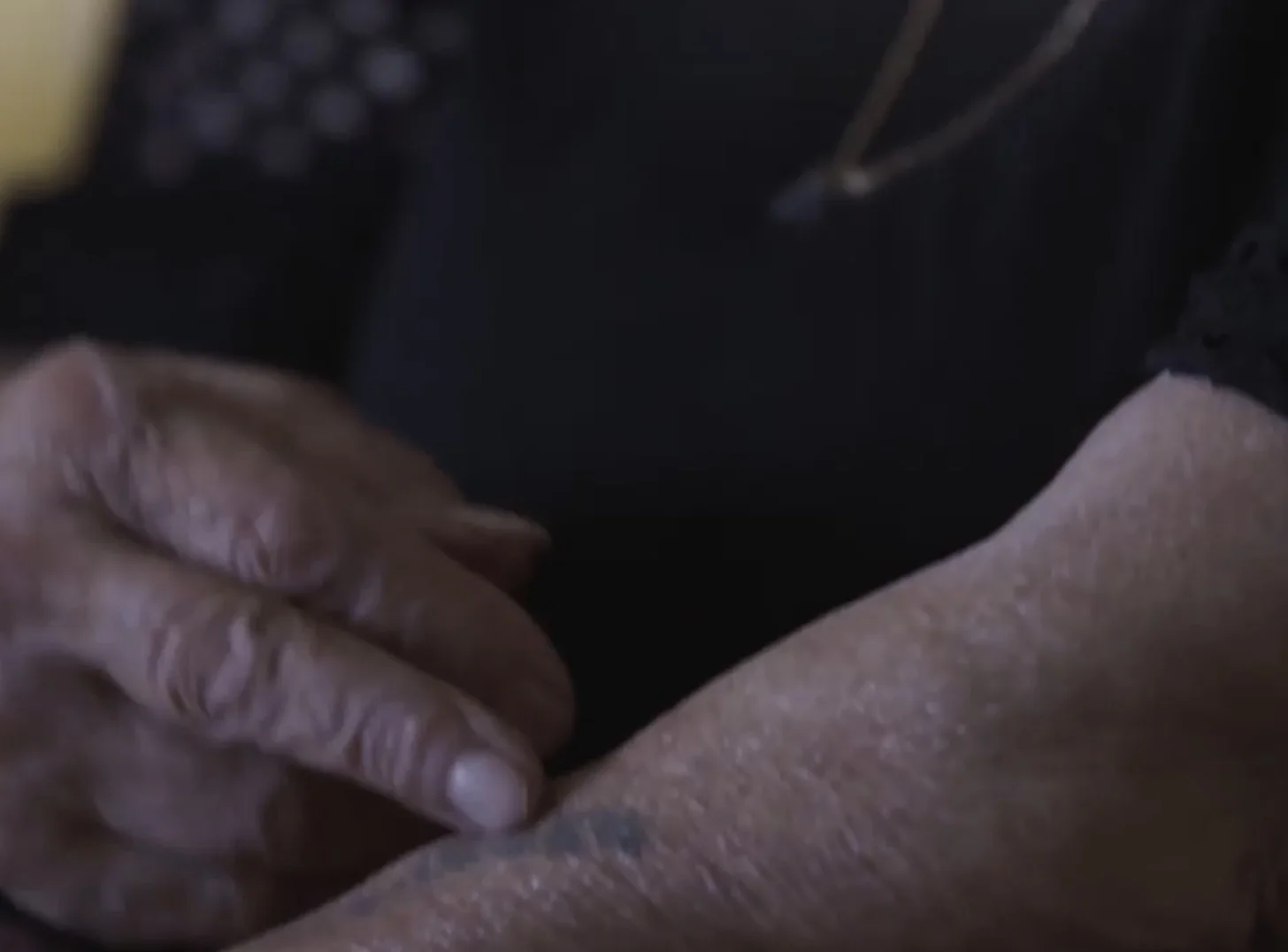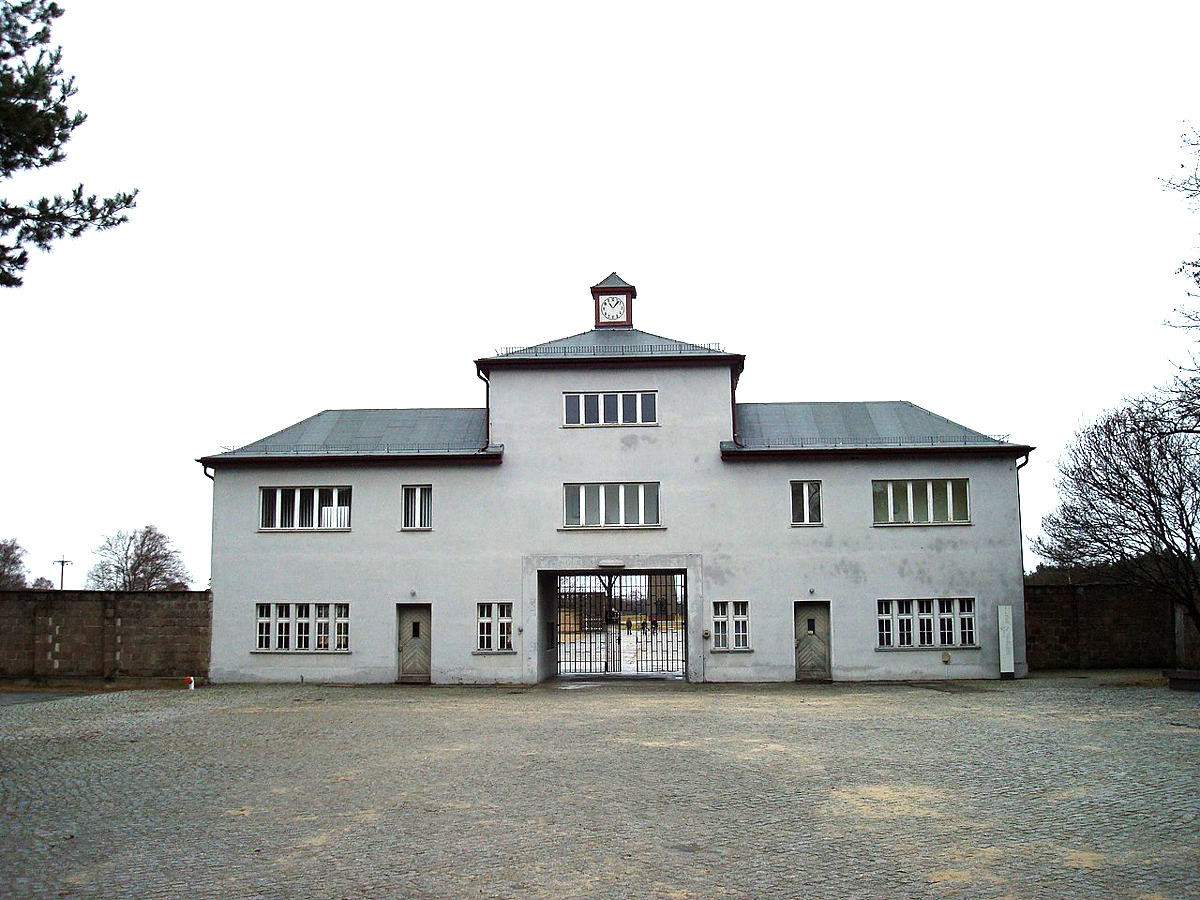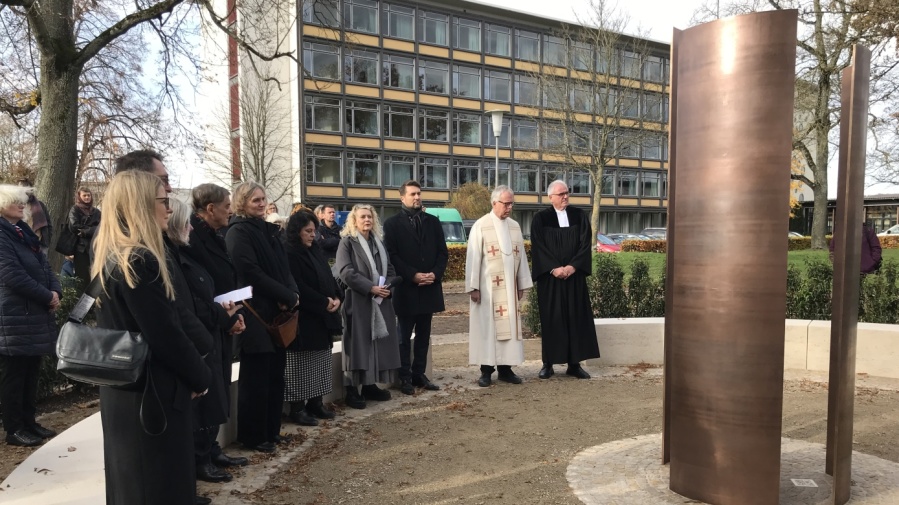Nadine Michollek (2013) from the Kölner Stadt-Anzeiger reported on the many young Rroma in Germany who conceal their origins. Reasons for this concealment are deeply rooted in the prejudices of the majority towards Rroma, which make it all but impossible to speak about one’s origins. Many fear the loss of jobs, friends or customers. For Michollek, the negative perceptions and some romanticized stereotypes come from movies, operas, and especially media reports. Michollek further exposes the problem of well integrated and of marginalized Rroma. A first group of Rroma arrived already 600 years ago in Germany. The Sinti make most of their descendants. Already during the German Empire, the Weimar Republic and later under the Nazis, they were victims of exclusionary policies. Michollek sees the Sinti as excluded from the labour market whereas immigrants from the 1960s arriving from Yugoslavia, Spain, or Turkey, are described as successfully integrated in the labour market, a statement that must be questioned. Sinti tend to demarcate themselves from newer immigrants which speaks against this statement. The testimony of a young Rromni who explains the problem of silence as follows should provoke some thinking:
Sometimes I’m worried about my apprenticeship. At my workplace, I would not tell anyone that I’m a Gypsy woman. I was afraid that if something is missing, I would be made responsible, that people say, maybe it was so, that is indeed one of those. […] There are just too many prejudices, for example, that we steal and lie. My boyfriend and my best friend know. But many of my friends have spoken in front of me negatively on Roma and Sinti, and I just do not want them to think wrong about me.
Source:
- Michollek, Nadine (2011) Schweigen über die Herkunft. In: Kölner Stadt-Anzeiger vom 27.10.2011.






